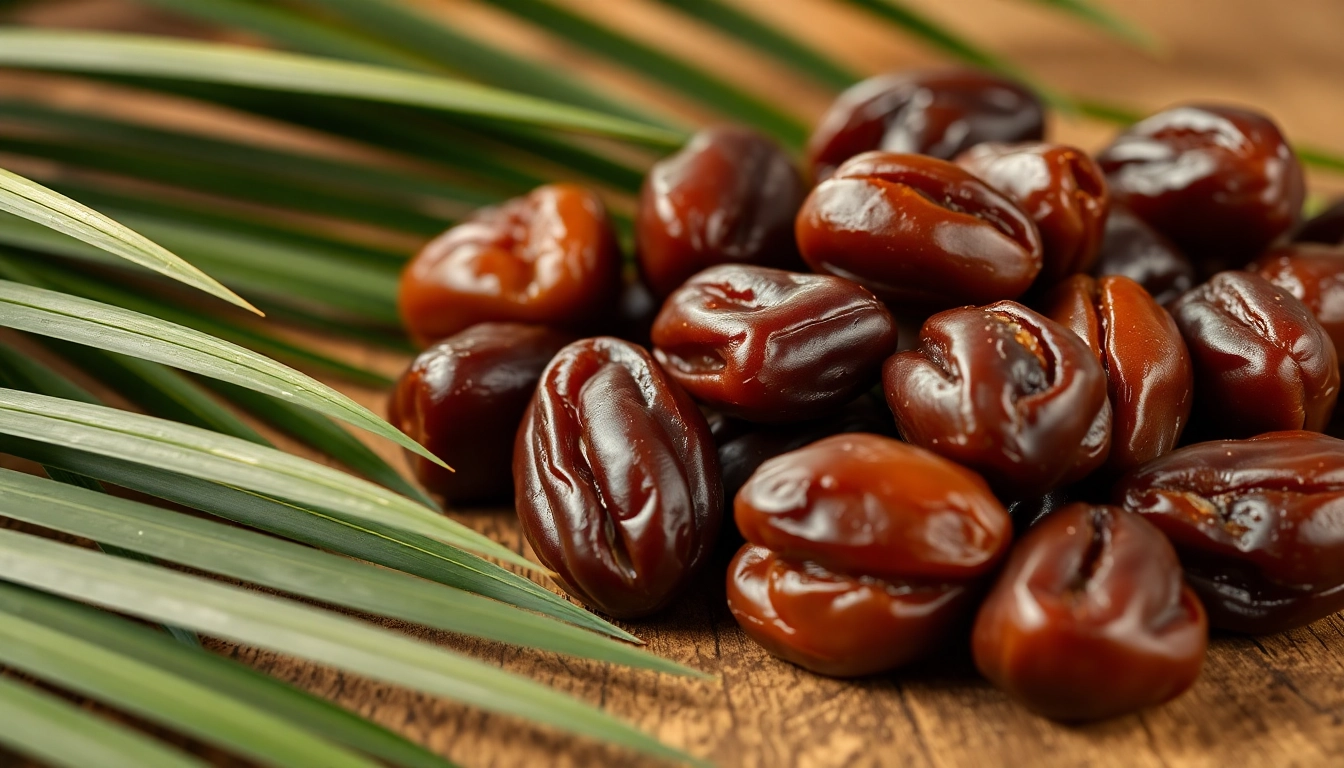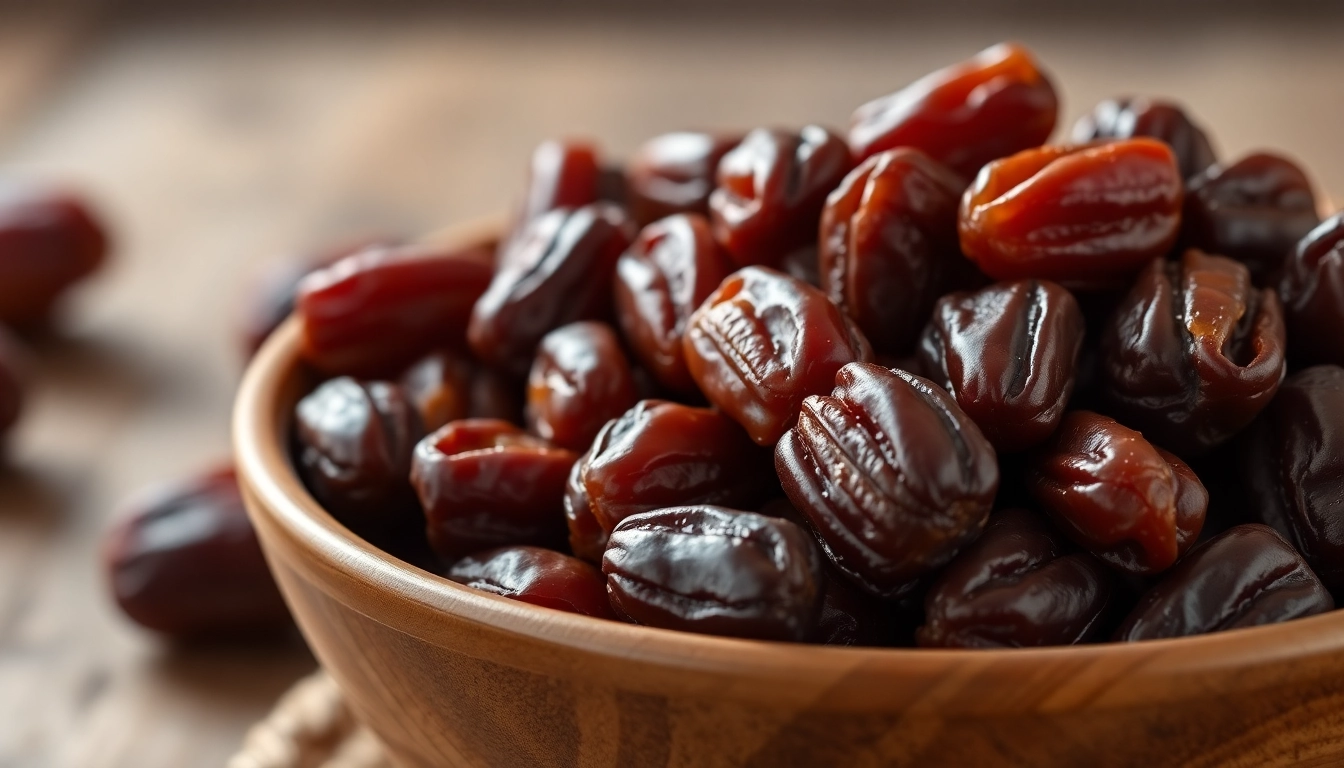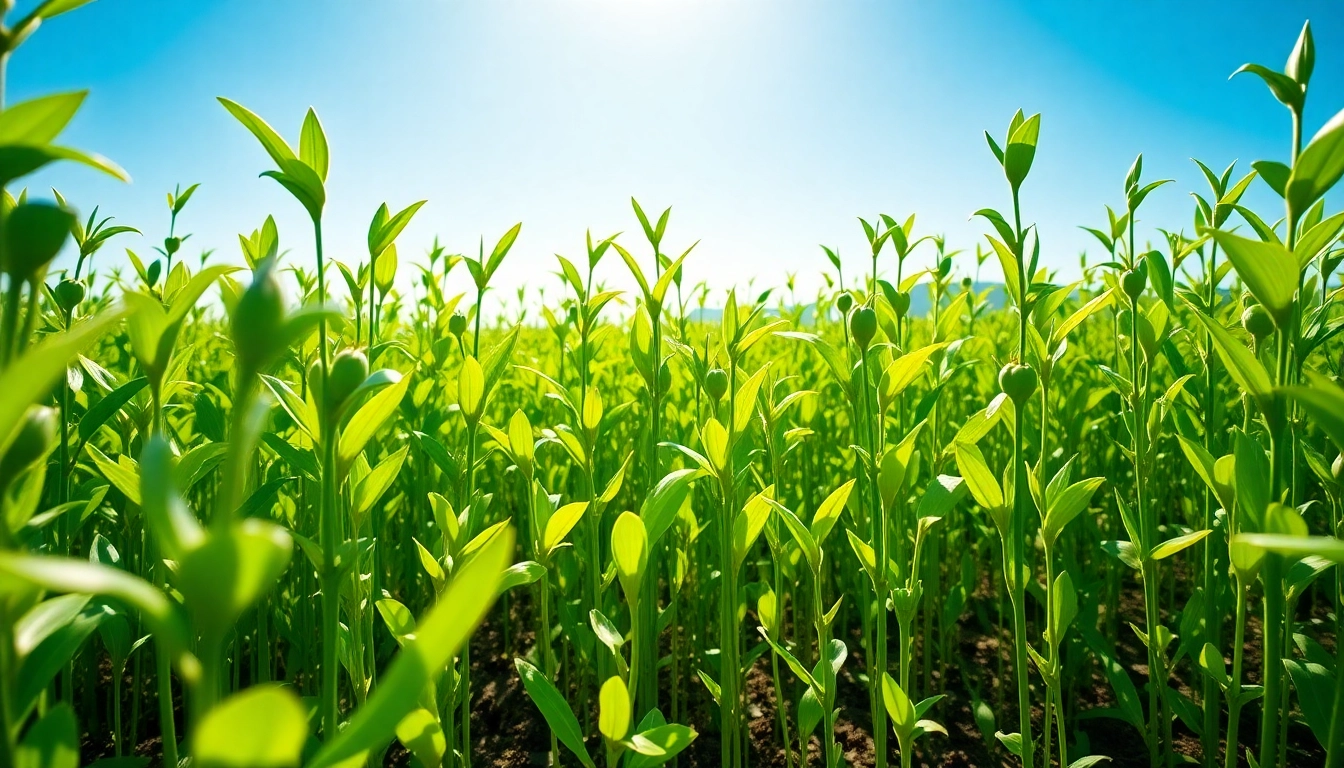Introduction to Medjool Dates
Medjool dates are often hailed as nature’s candy due to their rich, caramel-like flavor and chewy texture. Known scientifically as *Phoenix dactylifera*, these gems are cultivated primarily in Morocco, Israel, and the United States, accounting for around 25% of the global date market. Besides being a delicious snack, Medjool dates are packed with numerous health benefits that make them a valuable addition to any diet.
What Are Medjool Dates?
Medjool dates are a particular variety of the date fruit, renowned for their glorious size and sweetness. They are larger than many other date varieties, typically weighing around 20 grams each. Their skin is thin, allowing for easy consumption and adding to their appeal. Medjool dates have a beautiful rich brown color, which can be attributed to their high sugar content, boasting up to 66.5% sugar when fully ripe.
These dates, unlike others, are often sold fresh and moist rather than dried, making them a unique treat in the dates family. Their natural sweetness makes them an excellent alternative to processed sugars in various recipes.
Historical Significance and Cultivation
The cultivation of Medjool dates can be traced back over 5,000 years, with their roots firmly planted in the warm climates of the Middle East and North Africa. Historically, they held great significance in ancient civilizations, where they were consumed as a staple food and utilized in various cultural rituals. In fact, the palm tree (from which dates are harvested) is often referred to as the “Tree of Life” in many Middle Eastern cultures.
The harvesting of Medjool dates is a labor-intensive process. Farmers often use traditional methods to hand-pollinate the female flowers, ensuring a higher yield. The harvesting typically takes place from late August to early October, with the fruits being picked at different stages of ripeness to achieve optimal flavor and texture.
The Unique Characteristics of Medjool Dates
What sets Medjool dates apart from their counterparts is not just their size but also their softness and flavor profile. The flesh of the Medjool date is dense, moist, and almost caramel-like in taste, providing a combination of sweetness and richness. They are also larger than other dates, with some reaching lengths of up to three inches. Their texture, unlike many other varieties that can be chewy or hard, is plush and easily yields to the bite, making them an attractive snack option.
Furthermore, Medjool dates have an impressive shelf life when stored properly. They can last for several months when kept in a cool, dry place or in the refrigerator, making them a suitable long-term snack option.
Nutritional Benefits of Medjool Dates
Medjool dates are not just enjoyable; they also constitute a powerful nutritional profile. They are an excellent source of energy and contain a variety of essential vitamins and minerals.
Vitamins and Minerals Packed in Medjool Dates
Medjool dates offer a wealth of nutrients that contribute positively to health. Each date is rich in:
– Copper: Essential for iron metabolism and the formation of red blood cells.
– Potassium: Vital for heart health and regulating blood pressure.
– Magnesium: Supports nerve function and muscle contraction.
– Vitamin B6: Aids in the metabolism of proteins, carbohydrates, and fats.
Additionally, Medjool dates contain small amounts of iron, calcium, and several antioxidant compounds, making them not only a delicious treat but a powerhouse of nutrition.
Health Benefits: Energy Boost and Fiber Source
The high natural sugar content in Medjool dates, primarily fructose and glucose, provides a quick energy boost, making them an ideal snack for athletes and those engaged in physical activities. A single date can pack around 66 calories, primarily from carbohydrates, offering substantial energy without the crash associated with refined sugars.
Moreover, Medjool dates are an excellent source of dietary fiber, providing about 1.6 grams per date. This fiber aids in digestion, helping to maintain a healthy gut and prevent constipation. Regular consumption can also contribute to feelings of satiety, making them a helpful addition to weight management plans.
Understanding the Glycemic Index of Medjool Dates
When considering energy-dense foods, it’s important to understand their glycemic index (GI), which measures how quickly food sugars enter the bloodstream. Medjool dates have a moderate GI, making them a better option for steady energy levels compared to high-GI snacks. They can increase blood sugar levels, but the presence of fiber helps inhibit rapid spikes, providing a more balanced energy release.
While Medjool dates are sweet, they can indeed be included in a well-rounded diet, particularly for people looking for healthier sweet alternatives.
How to Incorporate Medjool Dates into Your Diet
Incorporating Medjool dates into your daily diet can be both easy and enjoyable. Their versatile nature allows for various culinary applications, catering to all palates.
Simple Recipes Featuring Medjool Dates
1. Medjool Date Energy Balls: Blend Medjool dates with nuts, seeds, and cocoa powder to create energy balls perfect for snacking.
2. Stuffed Dates: Fill Medjool dates with cream cheese or nut butter and top with a sprinkle of sea salt for a gourmet treat.
3. Date Smoothies: Add Medjool dates to smoothies for natural sweetness, balancing the flavors of greens and other fruits.
Snacking Ideas with Medjool Dates
Medjool dates make for an excellent snack on their own or combined with other nutritious foods. Some great pairings include:
– Cheese Board Delight: Serve Medjool dates with a selection of cheeses, nuts, and fruits for a balanced snack.
– Bacon-Wrapped Dates: For those who enjoy savory snacks, wrapping dates in bacon and baking them creates a delightful mix of flavors.
Pairing Medjool Dates with Other Foods
Medjool dates similarly complement a variety of dishes. They can be added to salads for a touch of sweetness or blended into sauces for additional depth of flavor. Experimenting with Medjool dates in cooking can yield delicious results, enhancing everything from savory to sweet.
Medjool Dates in Culinary Traditions
Medjool dates enjoy a revered place in culinary traditions worldwide, particularly in Middle Eastern cuisine.
Global Dishes Featuring Medjool Dates
In various cultures, Medjool dates are used beyond snacking—they appear in numerous culinary creations:
– Tagines: In Moroccan cuisine, Medjool dates feature prominently in tagines, adding sweetness to savory stews.
– Sweets and Desserts: Medjool dates are also used in baking, from cakes to cookies, providing natural sweetness without refined sugar.
Medjool Dates in Traditional Middle Eastern Cuisine
Dates hold profound cultural significance in the Middle East. They are often consumed during Ramadan to break the fast, symbolizing sustenance and nourishment. In traditional dishes like *ma’amoul*, a sweet pastry filled with dates, Medjool dates bring a unique richness that’s cherished by many.
Sweet vs. Savory: The Versatility of Medjool Dates
The versatility of Medjool dates lies in their ability to straddle both sweet and savory culinary worlds. On one hand, they serve as a natural sweetener, and on the other, they pair well with flavors such as balsamic vinegar, herbs, and spices, making them a valuable ingredient across different cuisines.
Buying and Storing Medjool Dates
The ability to select high-quality Medjool dates is crucial for ensuring their flavor and nutritional benefits.
Where to Purchase Quality Medjool Dates
Medjool dates are readily available in grocery stores, health food shops, and online marketplaces. When purchasing, look for dates that feel soft and moist to the touch and have a rich color. Specialty stores may provide various options, including organic Medjool dates, which are often preferred for their purity.
How to Select Fresh Medjool Dates
When selecting Medjool dates, consider the following:
– Appearance: Fresh dates should be plump with no signs of wrinkling.
– Texture: They should feel slightly sticky, which indicates moisture.
– Smell: Fresh Medjool dates should have a sweet, pleasant aroma.
Best Practices for Storing Medjool Dates
To maintain their freshness, Medjool dates should be stored in an airtight container in a cool, dry place. Storing them in the refrigerator can prolong their shelf life even further. For long-term storage, freezing is an excellent option; simply place them in a sealed bag, and they can last for years without losing flavor.
Conclusion
Medjool dates are not only a delicious indulgence but also a highly nutritious addition to your dietary repertoire. Their history, flavor, and adaptability in various culinary applications make them a remarkable fruit that can enhance health and well-being. Whether enjoyed as a simple snack, incorporated into recipes, or utilized in traditional dishes, Medjool dates stand out as a natural superfood worth embracing.



